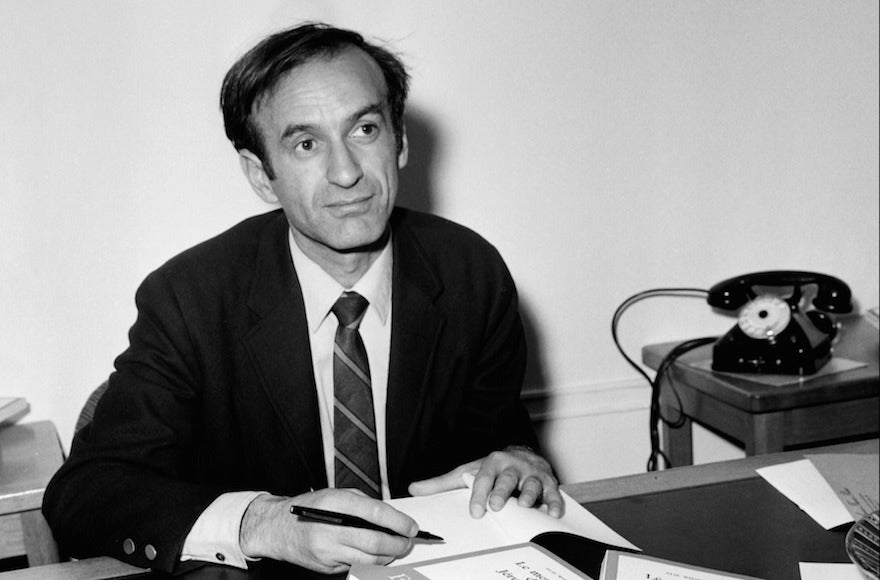Elie Wiesel, the author, lecturer and humanitarian who has devoted most of his life’s work to bearing witness to the Holocaust, received the 1986 Nobel Peace Prize here Wednesday and, in his acceptance speech, urged help for the Palestinian people, for whom terrorism was no answer.
He also linked the internal exile of Soviet dissident Andrei Sakharov, the denial of polish Solidarity leader Lech Walesa’s right to dissent, and the imprisonment of Black South African civil rights leader Nelson Mandela as “disgrace” of identical magnitude.
“Human rights are being violated on every continent. More people are oppressed than free,” the 58-year-old Wiesel, a survivor of Auschwitz, told the assembled dignitaries from all parts of the world. “And then, too, there are the Palestinians to whose plight I am sensitive but whose methods I deplore,” Wiesel said.
“Violence and terrorism are not the answer. Something must be done about their suffering and soon,” he said. “I trust Israel, for I have faith in the Jewish people. Let Israel be given a chance, let hatred and danger be removed from her horizons, and there will be peace in and around the Holy Land.”
Wiesel added, “It would be unnatural for me not to make Jewish priorities my own: Israel, Soviet Jewry, Jews in the Arab lands. But there are others as important … Apartheid is, in my view, as abhorrent as anti-Semitism … Wherever men or women are persecuted because of their race, religion of political views, that place must … at that moment … become the center of the universe.”
Wiesel, born in Rumania and now a U.S. citizen, heads the United States Holocaust Memorial Council. He is credited with being the first to use the term “Holocaust” to describe the Nazi extermination of six million Jews. He said he plans to use the $250,000 Nobel Prize money to establish a Human Rights Foundation, the first act of which would be to organize a conference on combatting hatred.
Egil Aarvik, chairman of the Norwegian Nobel Committee, said in presenting the Peace Prize to Wiesel that it was given “In recognition of this particular human spirit’s victory over the powers of death and degradation and as a support to the rebellion of good against evil in the world.”
Wiesel said at a press conference before the award ceremonies that he was optimistic about his forthcoming meeting with Soviet leader Mikhail Gorbachev to discuss easing restrictions on the emigration of Jews and non-Jews from the USSR.
JTA has documented Jewish history in real-time for over a century. Keep our journalism strong by joining us in supporting independent, award-winning reporting.
The Archive of the Jewish Telegraphic Agency includes articles published from 1923 to 2008. Archive stories reflect the journalistic standards and practices of the time they were published.




